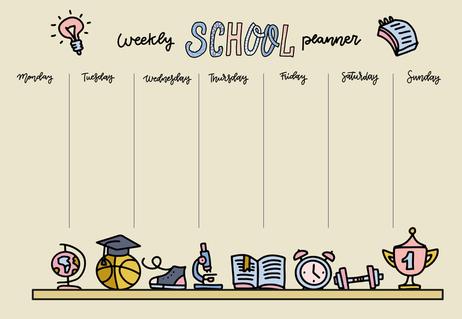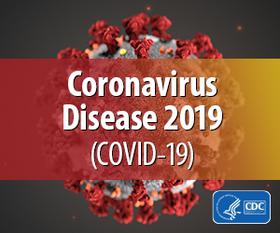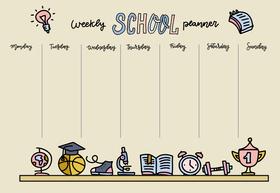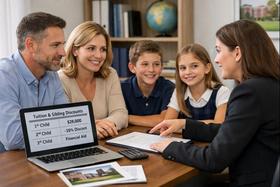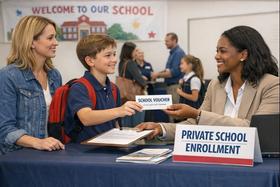Teachers and parents are concerned about the teaching that will take place post-pandemic. I have tried to cover their concerns in the following set of questions and answers.
Question: What happened in March 2020?
Answer: It was as though somebody turned off the power. One day, public and private school teachers were teaching in person in classrooms. The next day they were teaching online.
Question: Was there any warning?
Answer: Very little. The decision to close schools was made on a state-by-state basis by the governors.
Question: When will schools reopen?
Answer: That's a good question. Much depends on the coronavirus situation in your location. If the number of new cases and deaths from COVID-19 are decreasing, your governor will be more inclined to allow schools to open. In general, wherever possible, it seems as though schools will reopen in the fall. Of course, you can expect changes. Children's safety will be paramount, but so will the safety of vulnerable communities such as older faculty and staff. There will be lots of handwashing and hand sanitizer. There will be much less movement about the school. Teachers will move as needed from class to class. Students will remain in place.
Question What kind of protective measures will be in place at my children's private school?
Answer: Again, your governor's health team will recommend several measures that could include social distancing, wearing masks, temperature checks, and other measures. Most states seem to be considering day schools as businesses, which means that there might be limits on the number of people in a given space. The cleaning of surfaces will occur daily, perhaps even more frequently, depending on the circumstances.
These instructions from a couple of day schools seem to be typical of what you can expect for health safety. De-Densifying and Different Modes of Operation from Cary Academy, Cary, North Carolina, explains how one K-12 day school is handling the opening of school in fall 2020. Cardinal Gibbons High School, Raleigh, North Carolina, provides clear instructions on its website.
Question: How will this affect teaching?
Answer: Expect to see a mix of approaches to instruction. Depending on your school's situation, you might see a combination of online and classroom instruction.
Question: Isn't online instruction a poor substitute for the in-person classroom experience I am paying for?
Answer: Advances in online teaching applications have made teaching online much more effective than it was ten years ago, even five years ago. Most applications are cloud-based, so you don't have to worry about having special equipment to access the classes. Depending on the age of your child, you will need to supervise the first couple of sessions. Your child's teacher will give you instructions. As far as getting the quality education you are paying for, be assured that the same curriculum and teaching the school used in the classroom will be used online. The only difference is the method by which the teaching is delivered.
This video looks at the challenges families face during the pandemic.
Question: Where can I find out more about online teaching?
Answer: Take a look at organizations such as MOOC and Kahn Academy. They are old pros at teaching online. At every level. Review courses in your children's subject areas. Now, I am not saying that your child's courses will be exactly like the courses you see on MOOC or Kahn Academy. But, they will give you an idea of how typical online courses are structured.
For more answers to your concerns about online instruction, read Addressing parental concerns about the virtual classroom by Haylee Massaro.
Questions? Contact us on Facebook. @privateschoolreview

